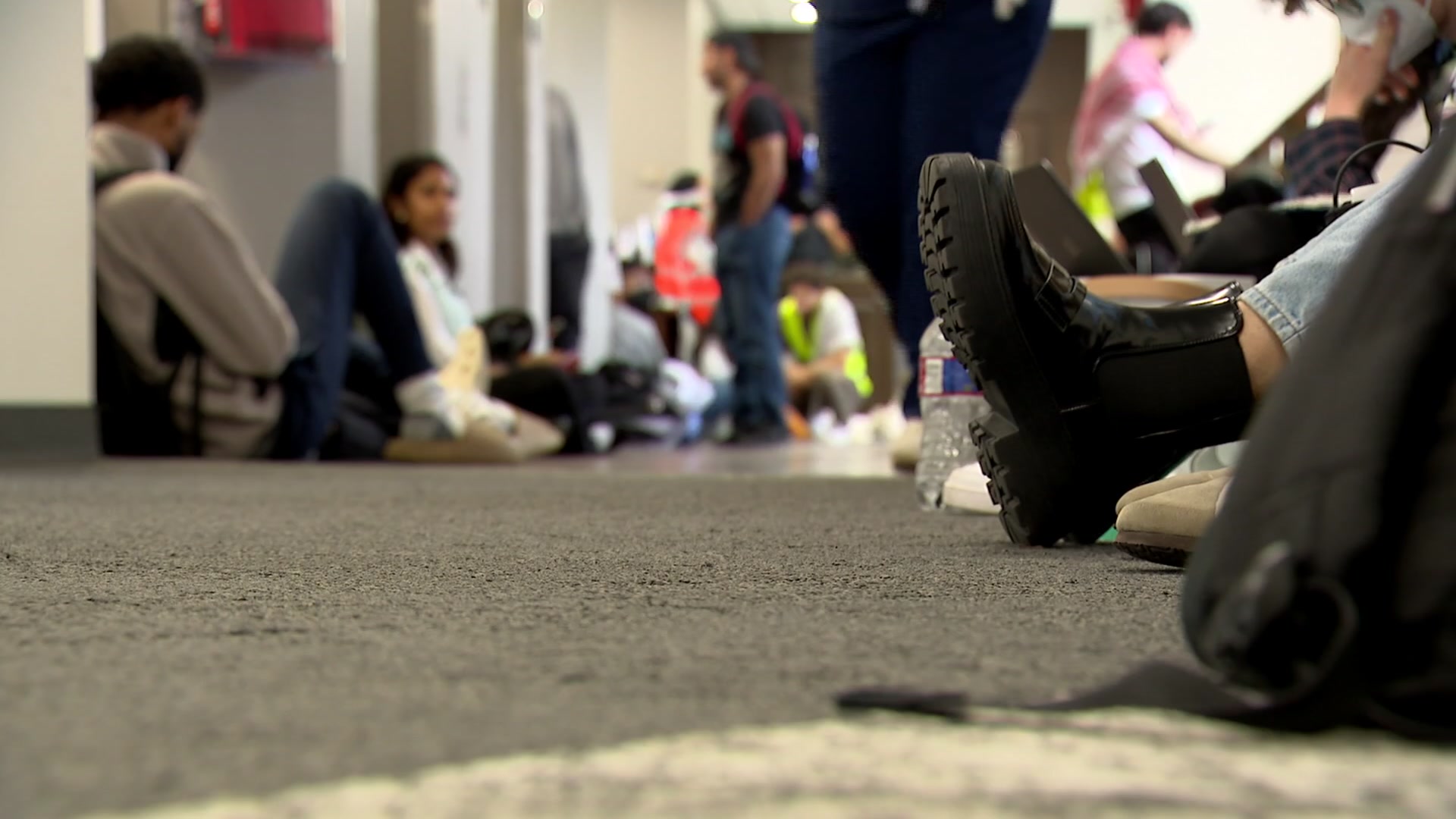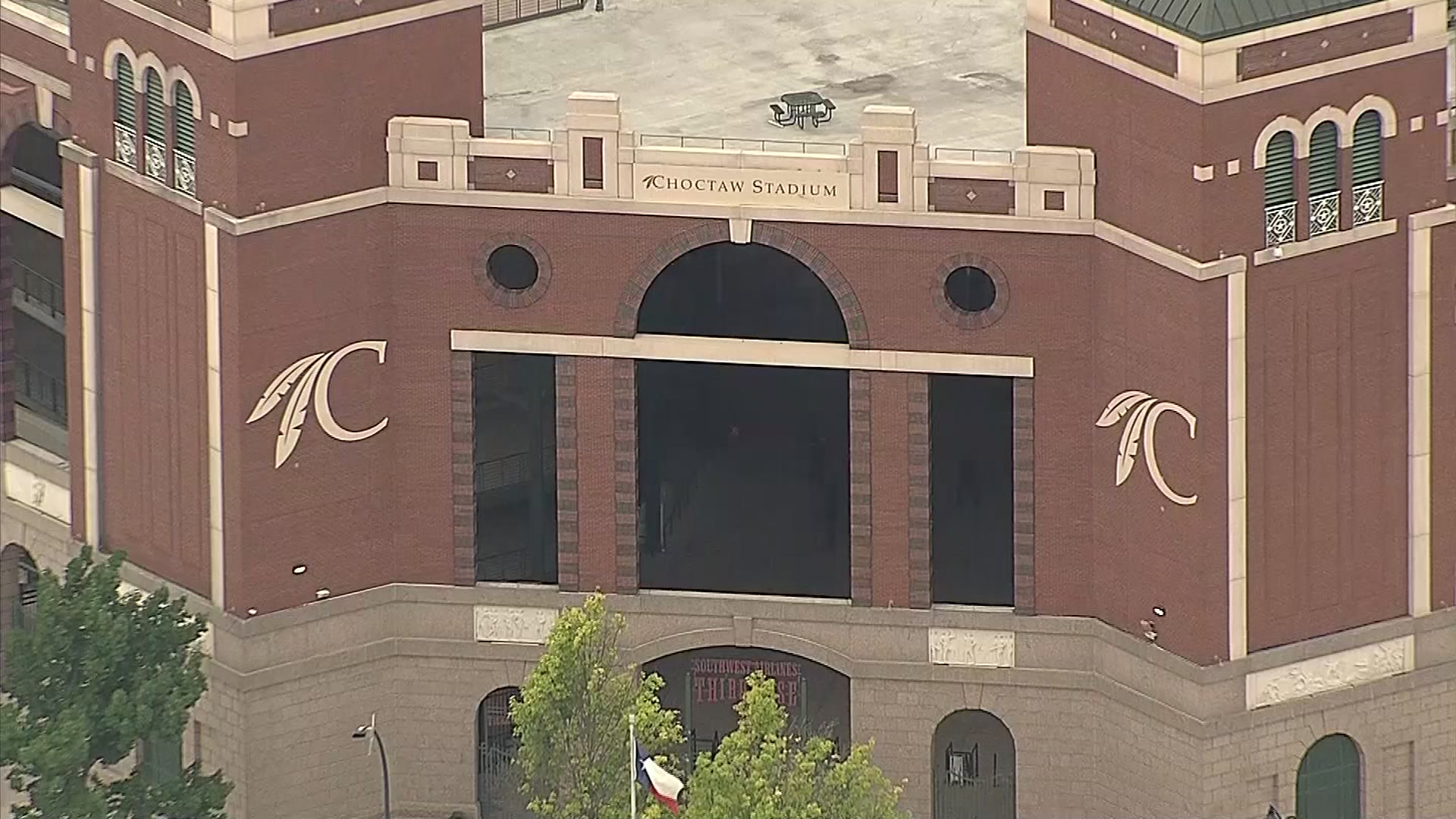Starting Wednesday, the statewide mask mandate will be lifted and businesses can open up to 100% capacity per Gov. Greg Abbott (R) last week.
When it comes to places of worship, months ago the state of Texas listed recommendations for religious institutions to follow, and while wearing a mask was suggested, it was not mandated.
Institutions could implement their own policies, and many have over the last few months. But with Abbott's announcement, faith leaders said they're getting a lot of questions about what this means for their members.
"One of my responsibilities, a metaphor for pastoring is shepherd, and a shepherd not only feeds the sheep, but protects, and so it would be reckless for me to have worship now in mass and it becomes a super spreader in the name of Jesus," said Frederick Haynes, senior pastor of Friendship West Baptist Church.
Get DFW local news, weather forecasts and entertainment stories to your inbox. Sign up for NBC DFW newsletters.
He said church services will remain virtual and continue to urge people to wear masks.
Haynes' church is located in the southern part of Dallas, which has ZIP codes considered to be the most vulnerable for COVID-19 illness and deaths.
"So in honor of the members' lives who have been lost, in honor of those who have suffered because of COVID, I believe it’s my responsibility to do all we can to keep our membership, our community safe and in doing so we have to make the hard decision (to remain virtual) because it is a hard decision to not gather until we reach a point where it’s safe for all of us and right now, we are far from that," Haynes said.
Local
The latest news from around North Texas.
Other churches like Primeria Iglesia Bautista Dallas will continue to require members to wear masks.
Pastor Ricardo Brambila heads the church. He said between the tornado that destroyed their church in 2019 and now the pandemic, it's been a rough time, but they manage to pull through.
He said COVID-19 has impacted their church too. They've been virtual for almost a year, but two weeks ago started to allow 25% capacity.
He doesn't agree with lifting the statewide mandate because he said some in his congregation think that means everything is OK.
"It feels rushed for us, it feels like it’s causing right now fear, it’s causing confusion. People are saying, ‘Oh so the pandemic is over?'” Brambila said.
A spokesperson for the Islamic Association of North Texas and other mosques in Dallas-Fort Worth said they too have received many questions.
“So we are going to take it one step at a time, we won’t go to full capacity not just yet," Khalid Hamideh said.
Typically, Muslims pray shoulder-to-shoulder, but that hasn't happened for months inside a mosque due to social distancing. People are now required to wear masks, bring their own prayer rugs and there's limited capacity.
Hamideh said that will continue to remain in effect and they'll reevaluate around the Holy Month of Ramadan, in April, to see if more people would be allowed inside the mosque.
At First Baptist Church of Dallas, Pastor Dr. Robert Jeffress said they haven't had a capacity limit, but have noticed about 50% to 60% of congregants feel comfortable attending church in person, while others are waiting to get the vaccine.
"But we always voluntarily encouraged our members to wear a mask, we require our workers, especially children workers to wear masks, we practice social distancing and we will continue to do that," Jeffress said. "Although we are looking forward to the end of the pandemic, we’re not there yet and so I think we need to be careful.”
Rabbi Andrew Bloom with Congregation Ahavath Shalom in Fort Worth said they'll continue to require masks, take temperatures, and do contact tracing.
Bloom said, like many other places, COVID-19 has impacted his congregation too and he's had to facilitate funerals via Zoom.
He sent out a memo last week to his congregation saying wearing a mask was a religious obligation to keep others safe.
"Whether your Jewish, non-Jewish, Caucasian, African-American or whatever it may be, there’s one thing that unites us and that is the safety of each other," Bloom said. "We must take that into consideration now because if we want to unite as one and save and safeguard lives, that means putting everything aside in order to come together so that, this emergency period, will pass and we can embrace each other physically, metaphorically, and spiritually in the future."



